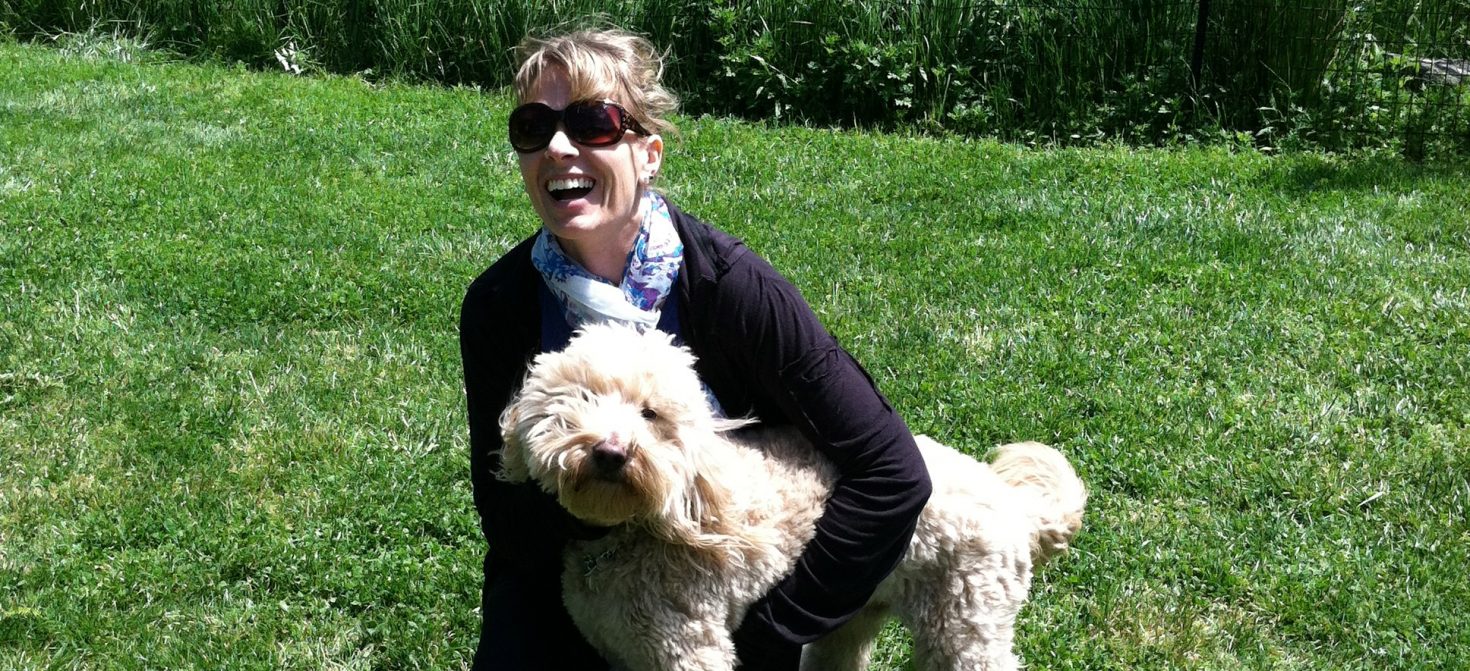Every week we have dogs that start training in our Midland Park, New Jersey training center. We encounter the same questions and concerns each week with most owners. I would like to share some tips with you to make your dog’s training the most successful.
It is important to understand a few things about the training process first:
- It is a process and your dog will progress at its own pace. Just like some people pick up certain skills sooner while others take longer, so will your dog.
- Skills are built upon other skills. We lay a foundation initially and build on that. If you are having your dog trained in a day school environment, you are not going to see a difference until the second week of training. Just like if you were to take tennis lessons, you are not going to show much progress until you have practiced day after day for a period of time, the same goes for your dog.
- Obedience training helps other problems such as jumping, lunging, chewing, digging magically disappear. We are giving your dog a positive outlet for the energy that they are now channeling into something negative, such as relandscape your yard. If your dog suffers from anxiety or nervousness, the obedience will give your dog the tools he/she needs to become more relaxed, confident and happier.
- Practice and follow through at home is instrumental to optimizing your results. For example, we will teach your dog to lay down and stay while we are eating lunch. At home, perhaps you have been feeding your dog from the table, when your dog goes home we are going to show you how to send her to her bed and stay there while eating dinner which she will do but most likely, will get up once you sit down to eat. This behavior in the past has earned her a piece of chicken so it is logical she will believe that it will happen again, so you have two options: throw your hands up in the air and say, ‘she is not trained’ OR you can tell her ‘no’ and send her back to her bed as we will show you. If you are consistent in your new habits, she will learn that she now has to do the same for you, as she does for us in school.
The following are some tips that you can use to create new habits for yourself which will indirectly help you make the transition to a brand new well behaved as seamless as possible.
- Keep a positive outlook. Henry Ford said, “If you think you can or if you think you can’t, you are right”. The same holds true for training your dog. Dogs pick up on our energy- positive and negative energy very easily, it will frustrate them and it will show itself in their behavior. Dogs are a lot smarter than you think and if you think that your dog is dumb or won’t or can’t be trained, I can tell you that you are absolutely WRONG! You need to have faith in your dog and in your trainer, if you don’t, then don’t waste your money or time. When people will tell my dad that their dog was dumb, he would ask them, “Really? When you went to work today where was your dog, at day care? When it comes time for dinner, who is serving your dog dinner? You! When it comes time to pay the bills where is your dog? Laying on the sofa without a care in the world? Sounds like your dog is smarter than you!”
- Practice with your dog every day, just for a few minutes. This is so that you can learn to be a better handler and your dog learns that they have to listen to you, not just the trainer.
- Take all of your trainer’s suggestions from the leash, the collar and how often to practice. Your trainer doesn’t tell you things just for the sake of saying things, they are telling you things because they want you to succeed. Your trainer wants you to succeed with your dog. The fewer suggestions you take, the more you compromise your training.
- Only work with your dog when you are focused, in good spirits and have a positive outlook. Texting or checking your phone will not allow you to focus on the task at hand and your dog will take advantage of that. You want to be in a good mood, working your dog when angry or upset, your dog will pick up on that and not respond as well.
- Wear appropriate shoes, no flip flops or heels. Wear flat comfortable shoes.
- Save the alcohol and zanax for another time. If you are mentally compromised, you can’t focus on your dog.
- Have faith in your trainer, if you don’t, then you need to find one you have faith and trust.
While the above list is not all encompassing, it does highlight some of the more important ideas to make training a success. Remember one thing, you are teaching your dog behaviors they never learned in the past. They don’t learn overnight, like good wine, good training takes time. Be patient and consistent and I leave you with one last thought, “Treat your dog like a person, your dog will treat you like a dog”.
Until next time, happy wags to you!
